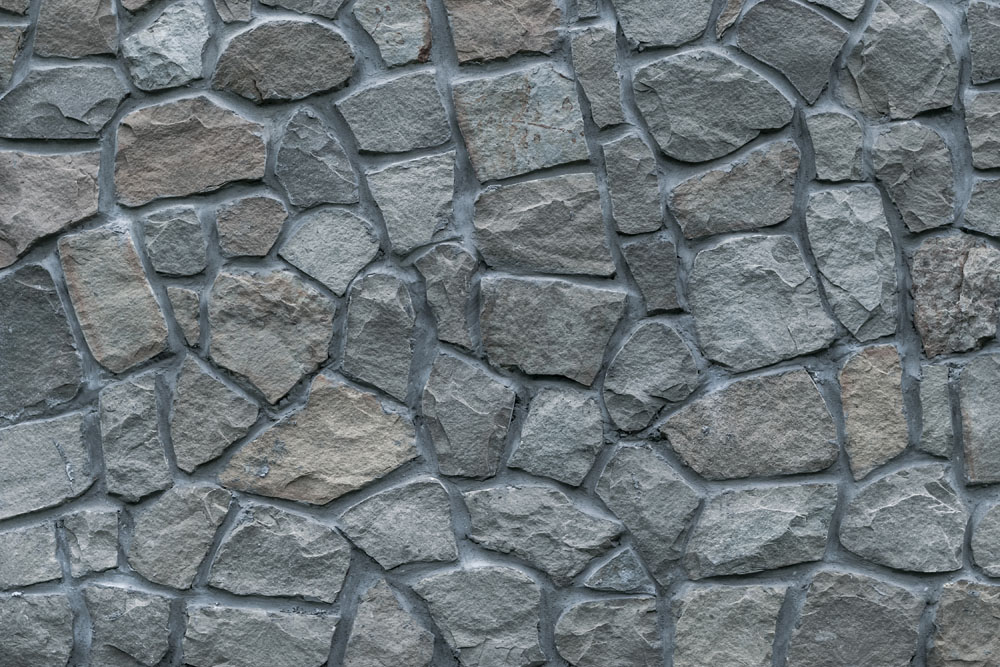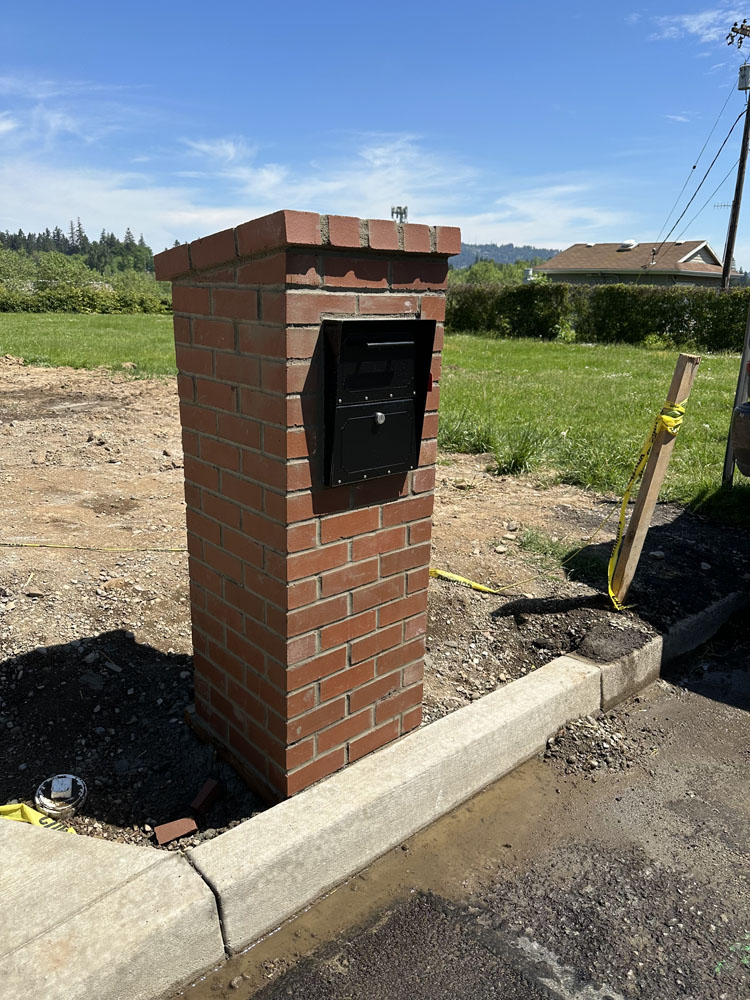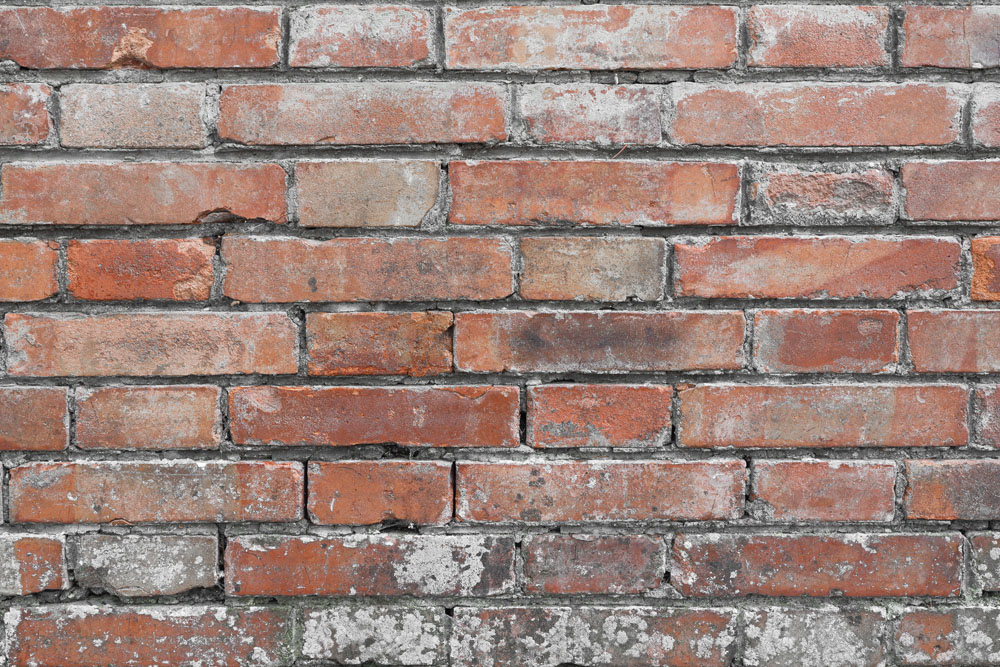Introduction
When it comes to home maintenance, certain tasks can wait a bit longer than others. However, when it involves chimneys, the urgency to hire a masonry contractor should not be underestimated. A well-maintained chimney is crucial for ensuring safety, functionality, and efficiency in your home. In this article, we’ll explore the various aspects of chimney maintenance, why hiring a masonry contractor is essential, and how long you can realistically wait before making that call.
Table of Contents
Understanding Chimney Structure- 1.1 Parts of a Chimney 1.2 Importance of Each Component
- 2.1 Visible Cracks and Damage 2.2 Poor Drafting Performance 2.3 Water Leakage Issues
- 3.1 Risks of Delaying Repairs 3.2 Cost Implications Over Time
- 4.1 What to Look For 4.2 Questions to Ask Potential Contractors
- 5.1 Initial Consultation 5.2 Getting Estimates and Quotes
- 6.1 Repairs and Restoration 6.2 New Construction and Installations
- 7.1 Brick vs Stone vs Concrete 7.2 Pros and Cons of Each Material
- 8.1 Regular Inspections 8.2 Seasonal Maintenance Tasks
- 9.1 Building Codes Explained 9.2 Safety Regulations Regarding Chimneys
Common Myths About Chimney Maintenance
- 10.1 "Chimneys Don't Need Regular Maintenance" 10.2 "All Contractors Are Equally Qualified"
Frequently Asked Questions (FAQs)
- Q&A Section
Conclusion
Understanding Chimney Structure
Parts of a Chimney
A chimney consists of several parts that work together to ensure safe venting of smoke and gases from your fireplace or stove to the outside atmosphere.
- Flue: The inner passage that allows smoke to exit. Chimney Crown: The top surface that protects the flue from rain. Chimney Cap: A protective cover that prevents debris and animals from entering. Masonry Exterior: The outer layer, usually made from bricks or stones.
Importance of Each Component
Each part plays a vital role in the overall functionality of your chimney:
- The flue must remain unobstructed for proper ventilation. The crown protects against water damage, which can lead to costly repairs. The cap is essential for keeping out unwanted guests like raccoons or birds that could obstruct airflow.
Signs Your Chimney Needs Attention
Visible Cracks and Damage
One glaring sign that you need to contact a masonry contractor is visible cracks in your chimney structure.
- Why This Matters: Cracks can indicate underlying structural issues or weaknesses that may compromise safety.
Poor Drafting Performance
If you notice smoke backing up into your home instead of exiting through the flue, it’s time to act.
- Why This Matters: Poor drafting can lead to carbon monoxide buildup, posing serious health risks.
Water Leakage Issues
Water leaks within or around your chimney are another red flag.

- Why This Matters: Moisture can deteriorate masonry over time, leading to severe structural damage if left unaddressed.
How Long Can You Wait? Understanding the Urgency of Hiring a Masonry Contractor for Chimneys
Risks of Delaying Repairs
So how long can you afford to wait? Unfortunately, delaying repairs on your chimney could result in hazardous situations—like fire hazards or health risks due to toxic gases seeping into your home environment.
Immediate Risks Include:
- Increased chances of fire due to creosote buildup. Health complications from inhaling harmful gases.
Cost Implications Over Time
Waiting too long can also impact your wallet significantly.
Here's How:
- Minor repairs today could escalate into major renovations tomorrow. Ignoring small issues often leads to more extensive damage requiring costly solutions later on.
In short, waiting might save you time right now but could cost you dearly down the road—both in terms of finances and safety!
Choosing the Right Masonry Contractor
What to Look For
Finding an experienced masonry contractor can make all the difference in getting quality service at a fair price.
Key Qualities Include:
- Licensing and Insurance: Always verify their credentials. Experience: Look for someone with ample experience specifically with chimneys.
Questions to Ask Potential Contractors
Before you hire anyone, consider asking these questions:
What is your experience level with chimney repairs? Do you have references I can contact? What warranties do you offer?These questions help gauge whether you're investing in quality workmanship or just settling for quick fixes!
The Process of Hiring a Masonry Contractor
Initial Consultation
The first step typically involves an initial assessment where you'll discuss issues you've noticed with your chimney.
During this Meeting:
- Share any visible problems you've identified. Ask about their proposed solutions and timelines.
Getting Estimates and Quotes
Once you've outlined your needs, request detailed estimates from multiple contractors so you can compare services offered against costs involved.
Factors To Consider:
| Factor | Description | |------------------|---------------------------------------------------| | Cost | Breakdown including labor and materials | | Timeline | Estimated completion duration | | Warranty | Coverage details on completed work |
Types of Services Offered by Masonry Contractors
Repairs and Restoration
Most contractors specialize in both minor repairs as well as extensive restoration projects tailored specifically for chimney systems.
Typical Services Include:
- Repointing: Filling gaps between bricks/masonry. Flue Liner Replacement: Essential if existing liners are damaged.
New Construction and Installations
If you're building anew or installing one from scratch, many masonry contractors will handle this too!
What They Offer:
- Custom designs tailored specifically based on architectural requirements.
Materials Used in Chimney Construction
Brick vs Stone vs Concrete
Choosing materials wisely impacts durability as well as aesthetics!
| Material | Pros | Cons | |------------------|------------------------------|-------------------------| | Brick | Durable & Easy Installation | May Absorb Moisture | | Stone | Visually Appealing | More Labor Intensive | | Concrete | Highly Durable | Less Aesthetic Appeal |
Each material has its advantages depending on personal preference; however bricks remain most popular due primarily because they blend aesthetic appeal with longevity effectively!
Maintenance Tips for Homeowners
Regular Inspections
Homeowners should schedule regular inspections every year ideally before winter season hits!
What To Look Out For:
- Signs Of Wear And Tear Blocked Flues Or Downdrafts
Seasonal Maintenance Tasks
In addition to annual checks—consider performing seasonal tasks such as:
- Cleaning out creosote build-up after burning wood during colder months; Checking caps/crowns regularly ensuring they’re intact preventing water ingress!
The Importance Of Codes And Regulations
Building Codes Explained
Every state has specific building codes outlining safe practices regarding construction/renovation projects including those involving chimneys!
Why Is This Important?
Not adhering may lead not only fines but serious dangers if installations aren’t up-to-par creating fire hazards etc., hence follow guidelines strictly!

Common Myths About Chimney Maintenance
"Chimneys Don't Need Regular Maintenance"
Some believe once installed they require no further upkeep until obvious signs appear; however this couldn't be further from truth!
Truth Bomb!
Regular upkeep helps catch problems early saving both time & money while ensuring safety remains paramount throughout life-cycle usage!
Frequently Asked Questions (FAQs)
1) How often should I have my chimney inspected?
Ideally annually – more if using frequently during colder months!
2) What are common signs my chimney needs repair?
Cracks/water stains/smoke backdrafts are key indicators!
3) Can I perform chimney maintenance myself?
Basic cleaning may suffice—but consult professionals for complex issues!
4) Why hire a masonry contractor instead doing it myself?
Experience/training ensures job done right avoiding future headaches/costs!
5) What types of materials last longest?
Bricks typically hold up best against wear/tear when properly maintained!
6) Are warranties available after work completion?

Conclusion
In conclusion—waiting too long when it comes toward hiring experienced masonry contractors poses significant risks—not just financially but also concerning safety too! By understanding how critical timely action remains—homeowners will be better equipped navigate complexities surrounding proper care needed maintain functioning chimneys throughout lifespan effectively safeguarding families within those homes ultimately creating comfortable living spaces without worry about impending hazards looming overhead waiting patiently address concerns lingering quietly until too late arrives…
Remember: When in doubt—call an expert today rather than risking tomorrow’s potential disaster awaiting around corner lurking unseen just beneath surface Masonry Contractor Near You in McMinnville Ramos Masonry Construction Company hiding away quietly whispering “how long can YOU wait?”